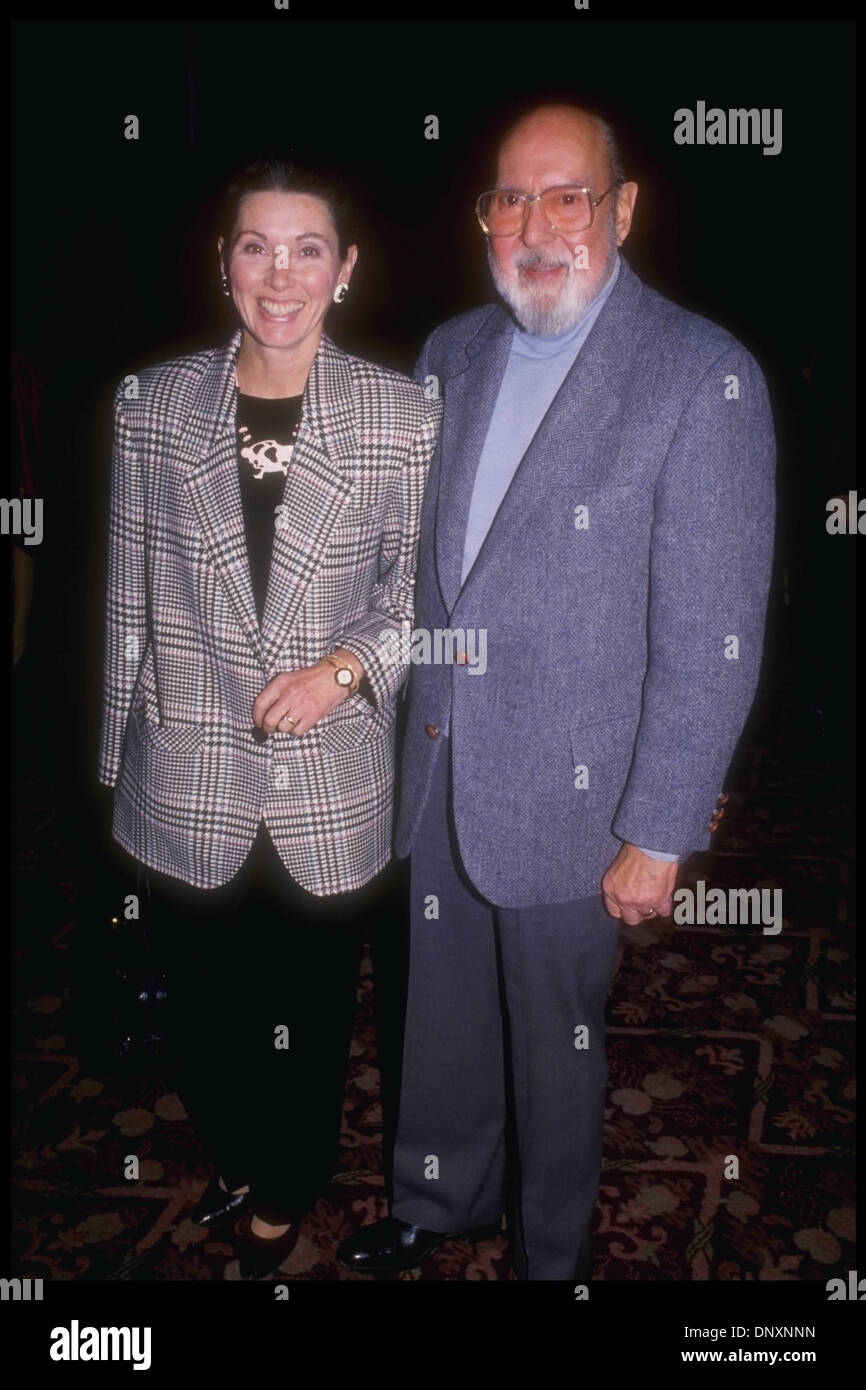Bloomsbury Publishing
For South Koreans, tteokbokki is more than a snack. It’s soul food.
This sweet and spicy dish made with chewy rice cakes is a staple of Korea’s street food culture and beloved by people of all ages.
It’s the food students turn to after long school days, and as adults, one you seek after a hard day at work.
So when readers came across a book titled I Want to Die but I Want to Eat Tteokbokki in 2018, many were immediately intrigued. Its honest yet playful title sparked curiosity, some wondering just how much you must love tteokbokki to write an entire book about it. Many were soon drawn to its raw honesty.
It became an instant bestseller that was widely discussed and resonated deeply in Korea. This week, Baek Se-hee, the book’s South Korean author, died aged 35. The details surrounding her death remain unclear. The fact the Korean Organ Donation Agency said Baek had saved five lives by donating her organs, emphasised her wish to help others.
Her death at such a young age has brought deep sorrow to readers who found comfort and understanding in her words. Social media and blogs have been flooded with tributes and personal stories from those her books have helped, while news outlets around the world reported her passing prominently.
At its heart, the book is a record of Baek’s conversations with her psychiatrist as she navigates dysthymia – a mild but long-lasting type of depression – and anxiety disorders. Through these sessions, she opens up about her daily struggles – such as overthinking others’ opinions, obsessing over her appearance, and wrestling with self-doubt. Rather than examining clinical depression, she reflects on the gentle melancholy many can relate to.
What makes her story so compelling is its candour. She captures that delicate human contradiction of living wearily with everyday sadness alongside the simultaneous desire to keep going. Just like a comforting dish of tteokbokki on a difficult day, her words offer warmth and understanding, reminding readers that even in vulnerability there is strength.
A list of organisations in the UK offering support and information with some of the issues in this story is available at BBC Action Line. If you are outside of the UK, you can visit the Befrienders website.Instagram / Baek Se-hee
Baek Se-hee’s memoir was lauded for its honest portrayal of mental health conversations
‘It’s okay not to be perfect’
One of the many young people the book resonated with is Jo Eun Bit, a 25-year-old student at Korea University in Seoul, who found it helped her navigate uncertainty about her future.
“All generations in Korea tend to measure themselves against what others are doing and the achievements they’ve made, and that only fuels competition,” she said. “But I liked this book because it seems to send the message that it’s OK not to live according to the standards set by society.
“One of the most memorable passages in her book is that I am a one-of-a-kind being in this world, and that alone makes me special. I am someone I should care for throughout my life. The more I look within myself, the happier I believe I will become.
“To me, this offered comfort that it’s OK not to be perfect, and at the same time reminded me that I, too, am someone who needs to be nurtured and cared for.”
Passages of the book resonated with Jo Eun Bit
The relentless competition from school to the workplace, coupled with the pressure to meet family and societal expectations, is leaving many young South Koreans feeling disheartened. In a society still influenced by Confucian values such as righteousness and obedience, mental health issues remain heavily stigmatised and many experience feelings of shame or social judgement.
Baek’s book inverted the notion that social success is the ultimate measure of a life well lived, openly addressing the mental health issues many commonly face and, in doing so, showing readers that acknowledging your emotions is the first step towards healing.
Sangeun Lee, an elementary school teacher in Korea, told the BBC the book has held a particularly special meaning to her for that reason.
“With the rise of social media, we’re exposed to other people’s lives too much, and it makes us increasingly critical of ourselves,” the 35-year-old said.
“Being imperfect is natural for everyone, but seeing so much of this kind of information can feel like an attack on yourself, making you wonder if it’s even OK to live the way you do. This book encouraged me to accept myself as I am.”
Something many people relate to
The book’s popularity has had a real-world impact, supporting many struggling with depression to seek professional help. It has also brought mental health issues into public conversation – RM of BTS, the globally renowned K-pop group known for songs promoting self-love, is among those who have shared the book online.
Baek’s pages have resonated far beyond South Korea. First published in 2018, it has sold more than a million copies worldwide and been translated into 25 languages. In the UK, it sold 100,000 copies within six months of its release.
It has struck a chord with young women and played a significant role in expanding the reach of Korean literature. Marianna Szucs, a secondary school teacher in London, told the BBC she felt a connection to it and deep sorrow at Baek’s death.
“Her book tells you that if you feel depressed or feel like you have problems, you are not the only one. She had all sorts of problems, from tiny little things to quite daunting ones. I think anyone who reads this book can find something they can relate to.”
Seunghye Sun, director of the Korean Cultural Centre UK, said “it is highly symbolic that Baek Se-hee’s voice has found resonance in the UK where great psychoanalysts like Freud and his daughter explored the human mind”, in the process broadening the spectrum of K-literature and K-culture.
Her book tells a story that transcends generations and borders, sending a quiet but warm message to countless nameless readers around the world.
In the end, the paradoxical title “I Want to Die but I Want to Eat Tteokbokki” may, in fact, be another way of saying, “I want to live.” Even in moments of deep despair, people often find the strength to carry on through small joys.
For her, that joy was tteokbokki, and it shows even the simplest pleasures in daily life can become a sustaining force.





